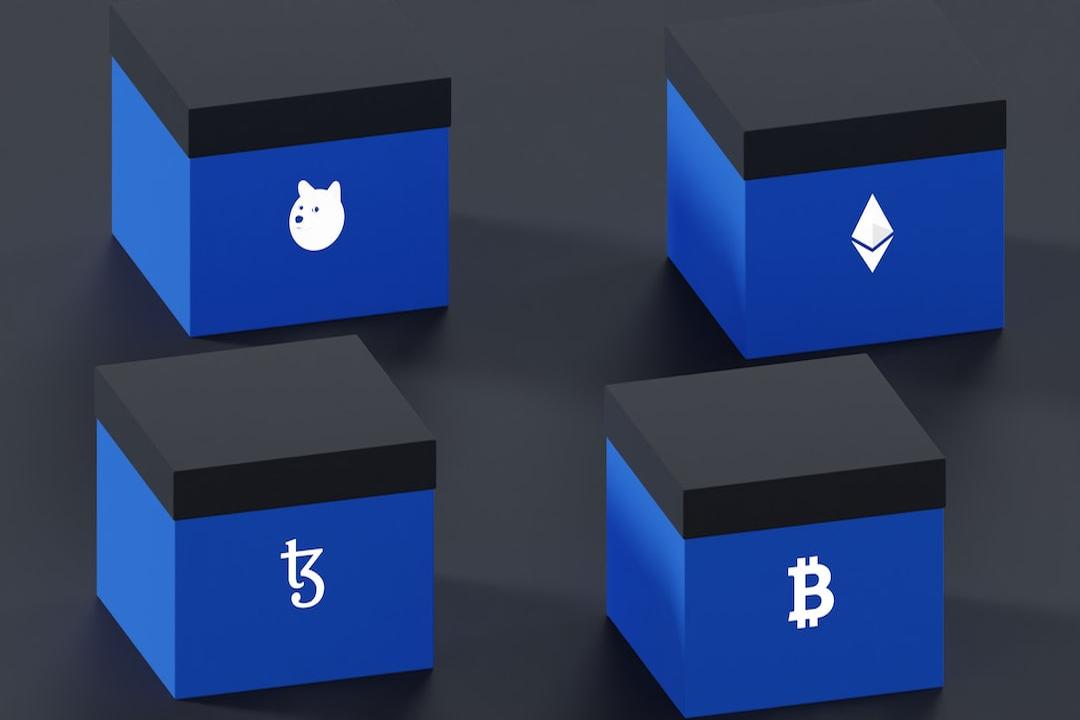Bitcoin mining is currently dominated by a few well-known mining pools, which poses a significant threat to the world’s first digital asset. This centralization is a consequence of a flaw in Satoshi Nakamoto’s design.
Bitcoin mining has always tended towards centralization. In the past, miners could use CPUs on personal computers to mine blocks due to the lower number of miners and overall hash rate. This progressed to using GPUs in 2010 and ASIC miners in 2012. The introduction of ASICs led to the rise of large mining companies that operate massive warehouses filled with rigs.
Miners with a larger percentage of Bitcoin’s network hash rate have a higher chance of mining blocks and earning the block reward. This is why small-scale miners join mining pools, where they earn in proportion to their computing power contribution.
Mining pools have become a centralizing force in the Bitcoin network. Larger pools benefit from economies of scale and have more efficient operations. However, a mining pool controlling more than 50% of the network hash rate could potentially launch a 51% attack.
The top two mining pools, AntPool and Foundry USA, currently control over 50% of the network’s hashing power. This gives them the ability to censor transactions by refusing to confirm them in blocks they mine. These pools have also implemented Know Your Customer protocols, further centralizing the mining industry.
There have already been instances of transaction censorship by mining pools. F2Pool, for example, failed to validate six transactions from OFAC-sanctioned addresses. They were the first pool to adhere to these sanctions. However, there is a concern that miners may abuse their power to censor other users, and there is little trust in their ability to uphold ethical standards.
Bitcoin developer 0xB10C has pointed out that mining pools are even more centralized than people realize, with AntPool controlling nearly 50% of all Bitcoin hash power. This centralization has a negative impact on Bitcoin’s value proposition.
If a single group controls 51% of Bitcoin’s mining power, they can censor transactions and engage in double-spending. Governments could also pressure large mining companies to exclude certain transactions from Bitcoin blocks.
Furthermore, BlackRock’s investments in top miners like Marathon Digital, Cipher Mining, and Terawulf Inc. raise concerns about Wall Street’s potential influence over the Bitcoin mining industry, similar to their control over the stock market.
To combat this consolidation, the Bitcoin community can run independent nodes and choose unadulterated chains in the event of a 51% attack. ASIC owners can also point their rigs to different mining pools to prevent an attack. Refraining from supporting the largest pools that require personal information can discourage malicious behavior.
Overall, it is crucial for Bitcoiners to fight back against mining pool consolidation to maintain the decentralized nature of the cryptocurrency.


